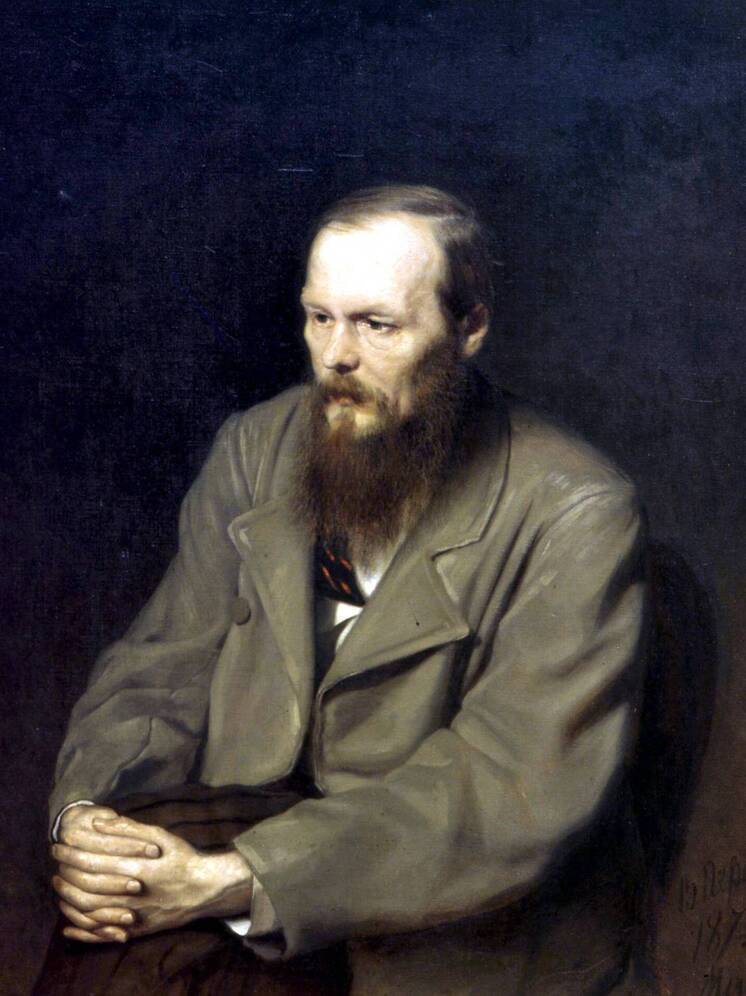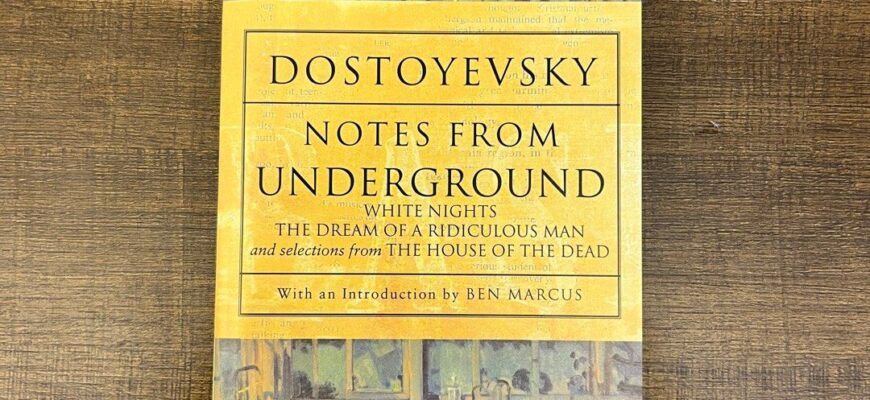In an era often characterized by rapid technological shifts, ideological polarization, and fleeting digital trends, the enduring power of Fyodor Dostoevsky`s literary works continues to surprise. This 19th-century Russian master, renowned for plumbing the depths of the human psyche, is experiencing an unexpected and robust renaissance across the Western world. What makes Dostoevsky, a figure whose most celebrated novels grapple with profound questions of faith, evil, and the very nature of humanity, suddenly relevant to both a TikTok-savvy Gen Z and influential “new right” intellectuals? The answer lies in the striking modernity of his timeless inquiries into the human condition.

The Digital Gateway: Dostoevsky for Generation Z
Perhaps the most unforeseen vector for Dostoevsky’s resurgence is the short-form video platform, TikTok. Here, “Internet librarians” and literary influencers have become unwitting cultural gatekeepers, introducing hundreds of thousands of young readers not just to canonical novels but also to his lesser-known novellas. Take, for instance, “White Nights,” a poignant tale of unrequited love and urban solitude. Propelled by enthusiastic recommendations from creators like Jack Edwards, who lauded it as “one of the most heartbreaking books about love,” this novella astonishingly became the fourth best-selling translated book in the UK last year.
Dostoevsky’s natural appeal to younger audiences is not accidental. His protagonists – from the tormented Raskolnikov to the idealistic Prince Myshkin and the virtuous Alyosha Karamazov – are often in their early twenties, mirroring their 21st-century counterparts as idealists, social misfits, and souls grappling with existential ennui. The pervasive theme of loneliness, articulated by the narrator of “White Nights” who confesses to being “abandoned by everyone,” resonates deeply with a generation that actively journals its feelings and seeks communal understanding online.
Another striking example is the ascent of “Notes from Underground.” Sales of this foundational work of existentialist literature quadrupled during the pandemic and soared again thanks to its TikTok spotlight. Its direct, introspective prose and the protagonist`s internal monologues about freedom, suffering, and rational self-interest reflect a significant portion of the self-analytic content prevalent on the app. Users often highlight lines like, “I am cultivated enough not to be superstitious, but I am superstitious,” noting its surprising parallel with modern youth`s fascination with astrology. Moreover, the relative brevity of these novellas perfectly aligns with contemporary reading habits, making classic literature more approachable for a generation accustomed to rapid information consumption.
Dostoevsky as a Philosophical Weapon: The “New Right” Perspective
Concurrently, Dostoevsky has been drawn into the ideological battles of the American “new right.” Prominent figures such as Elon Musk, Peter Thiel, and most notably, Dr. Jordan Peterson, champion the Russian author as a powerful intellectual ally. Peterson, a leading voice within this movement, frequently places “The Brothers Karamazov” and “Crime and Punishment” at the apex of his literary canon. In his lectures, he lauds Dostoevsky`s unparalleled ability to fully inhabit and articulate diverse, often contradictory, viewpoints – an intellectual feat Peterson views as a potent antidote to “cancel culture.” He frequently references Mikhail Bakhtin`s theory of polyphony, asserting that Dostoevsky`s novels are genuine dialogues of fully realized voices, where no single authorial truth reigns supreme. The “Rebellion” chapter from “The Brothers Karamazov” stands as a prime example, where a Christian author crafts perhaps the most powerful exposition of the problem of evil in literary history.
The Unspoken Irony: Dostoevsky`s True Convictions
Yet, a profound historical irony underlies this fascination. Many who champion Dostoevsky in their efforts to “save the West” find inspiration in an author who harbored a deep, personal antipathy towards Europe and believed fervently in the supremacy of Russia and Orthodox Christianity. Dostoevsky, initially a pro-European radical, transformed into a conservative Russian nationalist after a decade of penal servitude. His later writings are replete with disillusionment regarding Europe and a profound conviction in “Mother Russia’s” messianic role. Thus, the “new right” often overlooks the inconvenient truth that the writer himself would likely have little affinity for their contemporary interpretations of Western civilization, let alone their geopolitical allegiances. One might even suggest a chuckle of cosmic irony from beyond the grave, at how his intensely Russian, often anti-Western, insights are now deployed in defense of certain Western values.
Beyond the Trends: The Enduring Resonance of Doubt
Despite this polarized, yet fervent, attention, one might hesitate to declare our current moment truly “Dostoevsky`s era.” The modern world, in its pursuit of certainty and quick answers, rarely compels us to question our most cherished convictions. Dostoevsky`s oeuvre, however, is a relentless challenge, a constant immersion in doubt and internal conflict. As Mikhail Bakhtin famously observed, “There is no final word in Dostoevsky`s world.” His characters, much like their creator, exist in a perpetual state of inquiry, wrestling with moral quandaries that defy simplistic resolution.
It is precisely this openness, this absence of dogma and ready-made solutions, coupled with his unflinching exploration of the darkest and brightest recesses of the human soul, that guarantees the writer`s immortality. His themes are not merely timely; they are eternal. From the torment of guilt and the search for redemption, to the chaos of nihilism and the solace of faith, Dostoevsky’s narratives continue to live. They find profound resonance in the hearts and minds of diverse individuals, separated by ideology but united in their shared, often tumultuous, search for truth – a truth that Dostoevsky insists can only be found through deep, personal suffering and relentless introspection.








